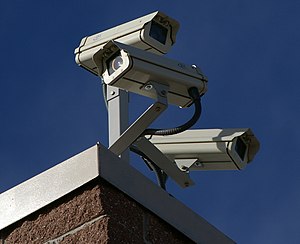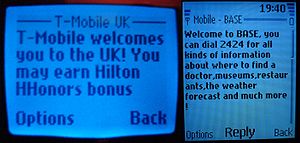“Whenever you find yourself on the side of the majority, it is time to pause and reflect.”
― Mark Twain
A majority of Americans – 56% – say the National Security Agency’s (NSA) program tracking the telephone records of millions of Americans is an acceptable way for the government to investigate terrorism, though a substantial minority – 41% – say it is unacceptable. And while the public is more evenly divided over the government’s monitoring of email and other online activities to prevent possible terrorism, these views are largely unchanged since 2002, shortly after the 9/11 terrorist attacks.
The latest national survey by the Pew Research Center and The Washington Post, conducted June 6-9 among 1,004 adults, finds no indications that last week’s revelations of the government’s collection of phone records and internet data have altered fundamental public views about the tradeoff between investigating possible terrorism and protecting personal privacy.
Currently 62% say it is more important for the federal government to investigate possible terrorist threats, even if that intrudes on personal privacy. Just 34% say it is more important for the government not to intrude on personal privacy, even if that limits its ability to investigate possible terrorist threats.
These opinions have changed little since an ABC News/Washington Post survey in January 2006. Currently, there are only modest partisan differences in these opinions: 69% of Democrats say it is more important for the government to investigate terrorist threats, even at the expense of personal privacy, as do 62% of Republicans and 59% of independents.
Read more >>















